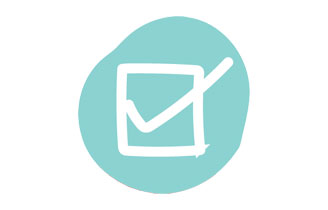Diagnosis and treatment for haemangioblastoma
To diagnose a haemangiolastoma, doctors usually get a family history to check if the tumour is linked to a genetic condition (Hippel-Lindau) and also do MRI and CT scans. In some cases, an angiography may be done to identify how blood vessels are involved.
In terms of treatment, if the tumour shows little or no growth, presents minimal side-effects and does not present a threat to surrounding structures, a patient may be put on ‘watch and wait‘. This means that the patient will have scans every few months without having treatment. Specialists use this approach when they think that the benefits of not starting treatment outweigh the risks. If at some point the tumour begins to grow doctors will start treatment.
Surgery and radiotherapy
Treatment for haemangioblastoma usually involves surgery to remove the tumour and gamma knife radiation. Surgery may be a two stage process, first to cut the blood flow to the tumour by severing associated blood vessels and then removing the tumour. A recent study has shown that the ability to stop blood flow to these tumours has a lot to do with how successful the outcomes of the surgery will be.
Chemotherapy
Due to the recurrence of haemangioblastomas associated with the Hippel-Lindau condition, chemotherapy may also be considered along with the treatment methods already mentioned.
Support and Information Services
Research & Clinical Trials Information
You can also join our active online community.
In this section

Get support
If you need someone to talk to or advice on where to get help, our Support and Information team is available by phone, email or live-chat.
Recommended reading
Share your experiences and help create change
By taking part in our Improving Brain Tumour Care surveys and sharing your experiences, you can help us improve treatment and care for everyone affected by a brain tumour.
